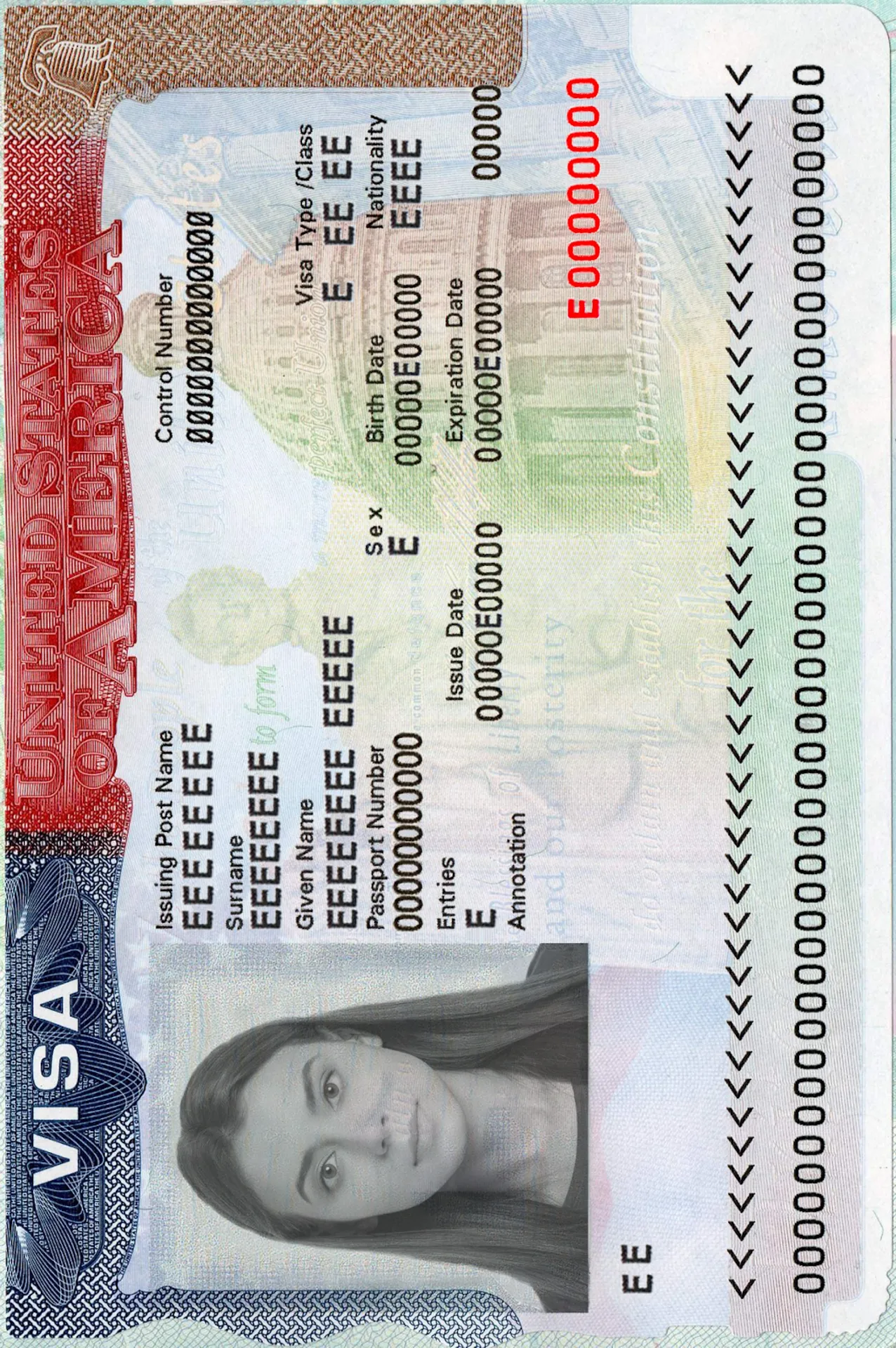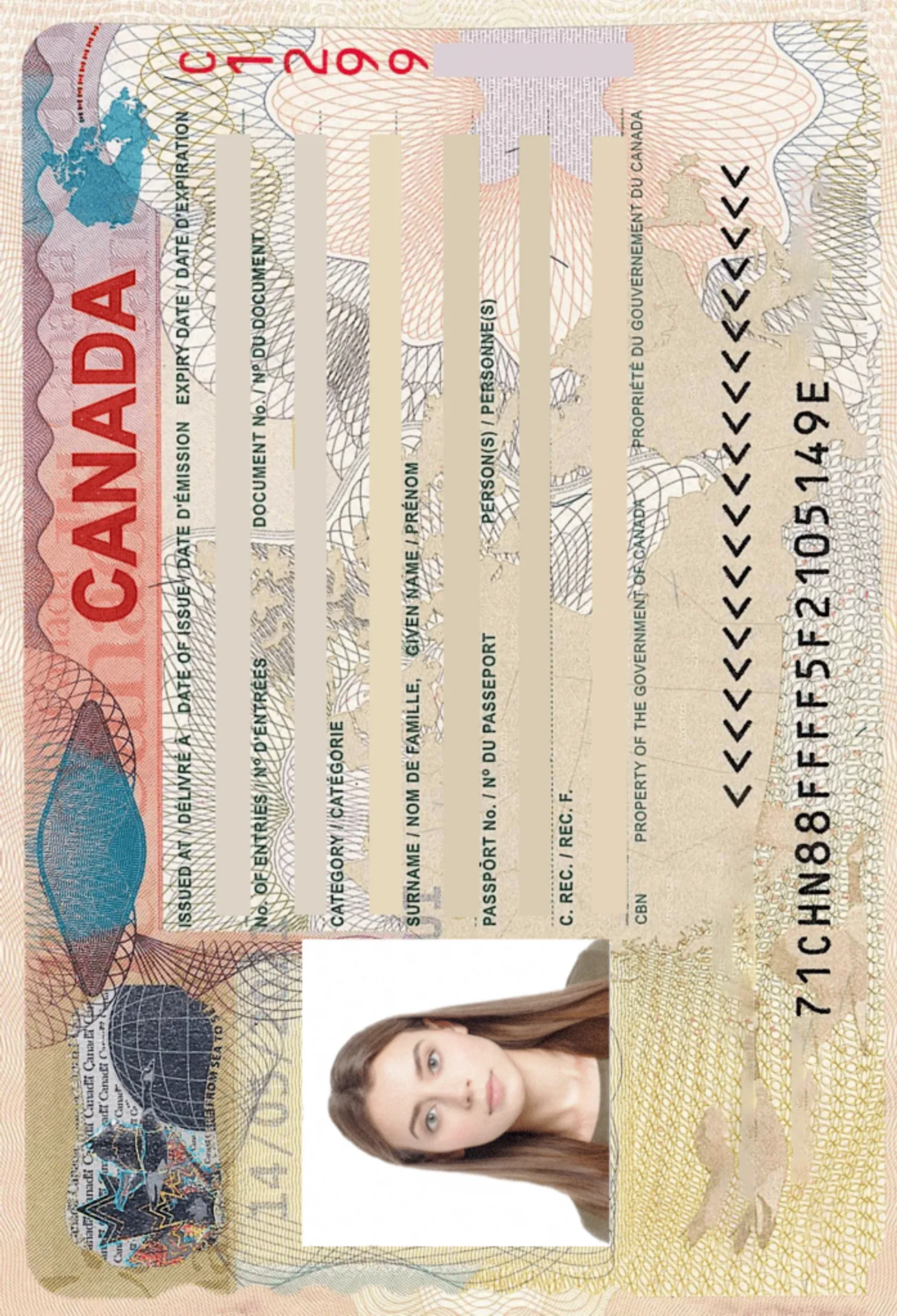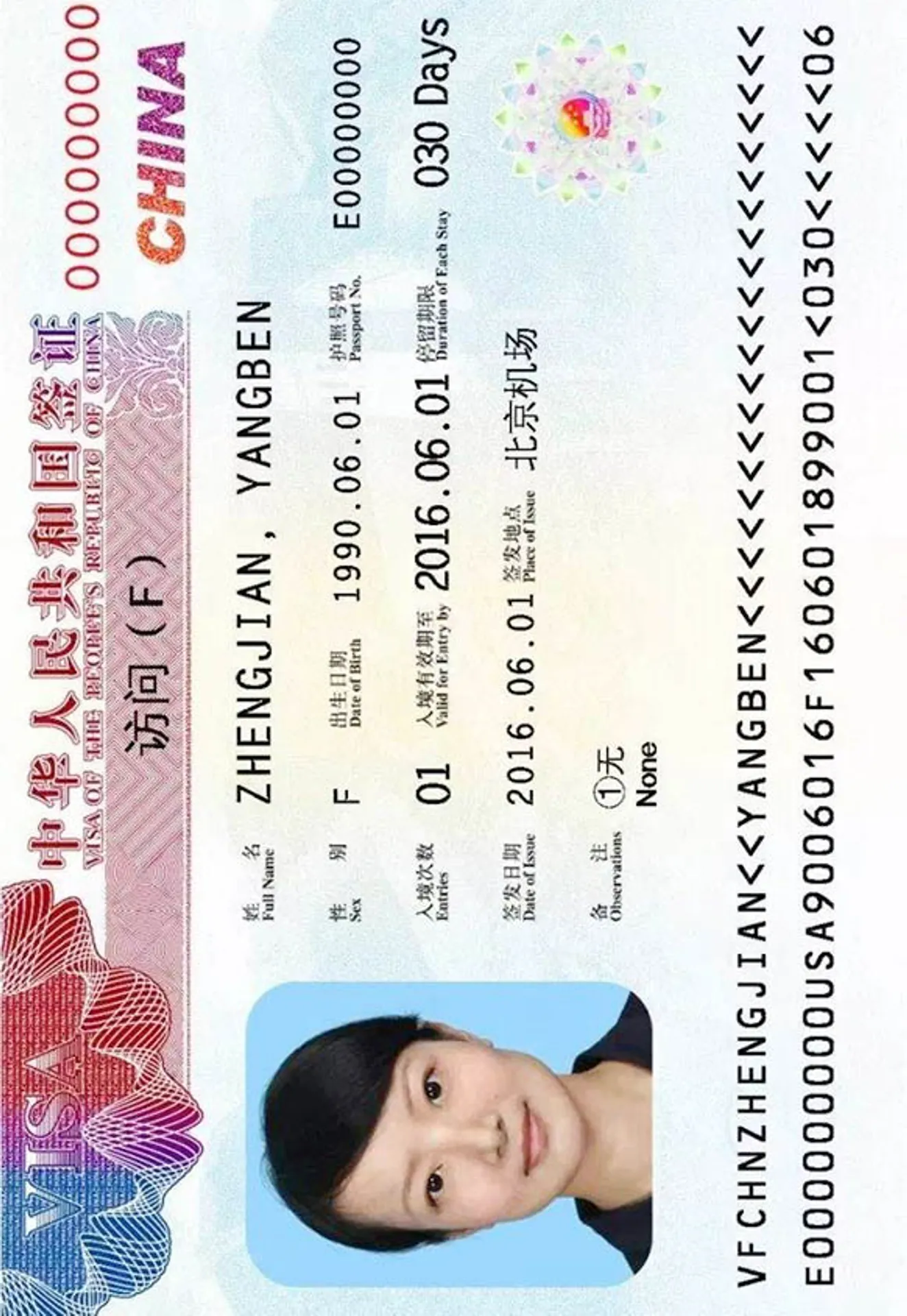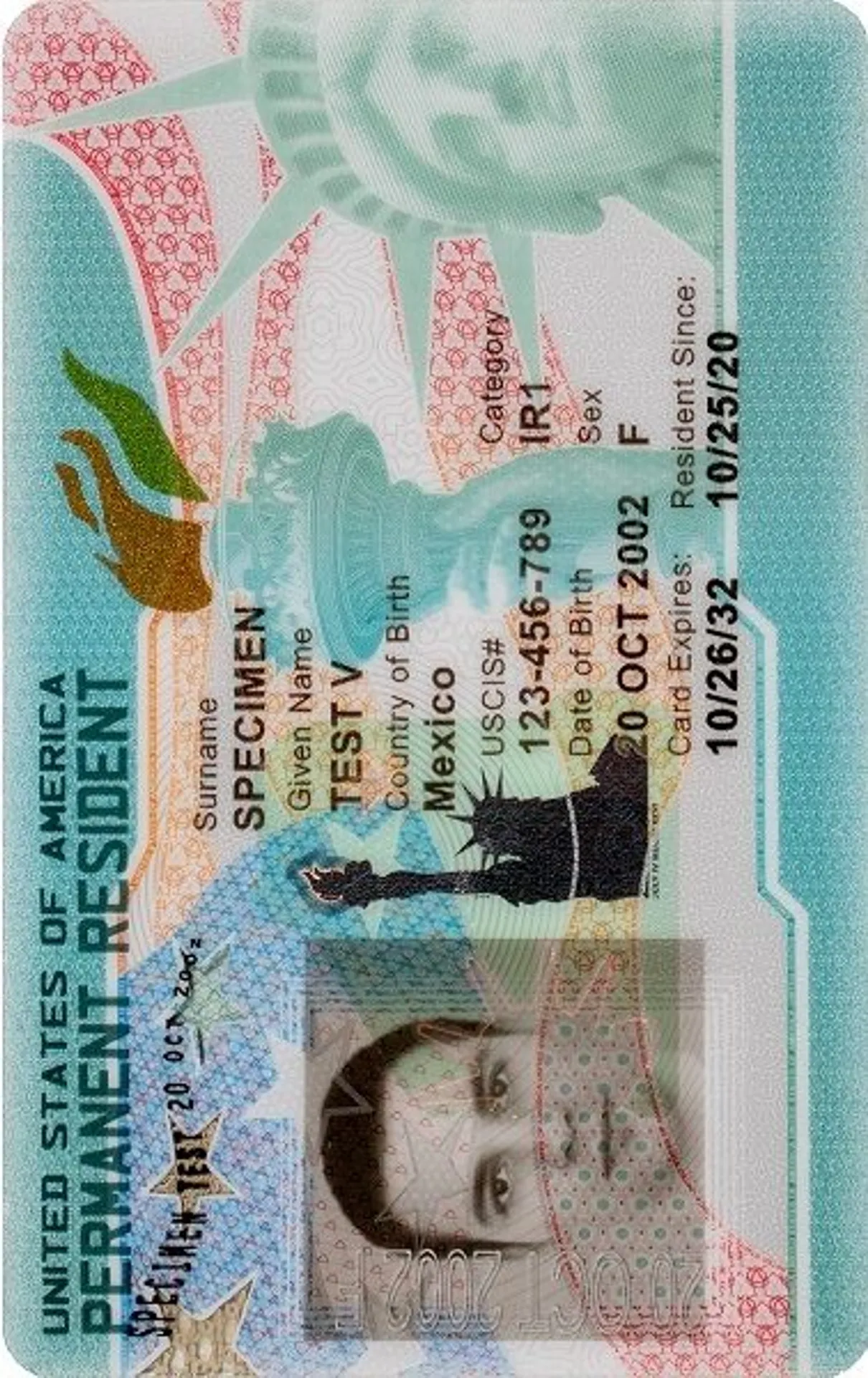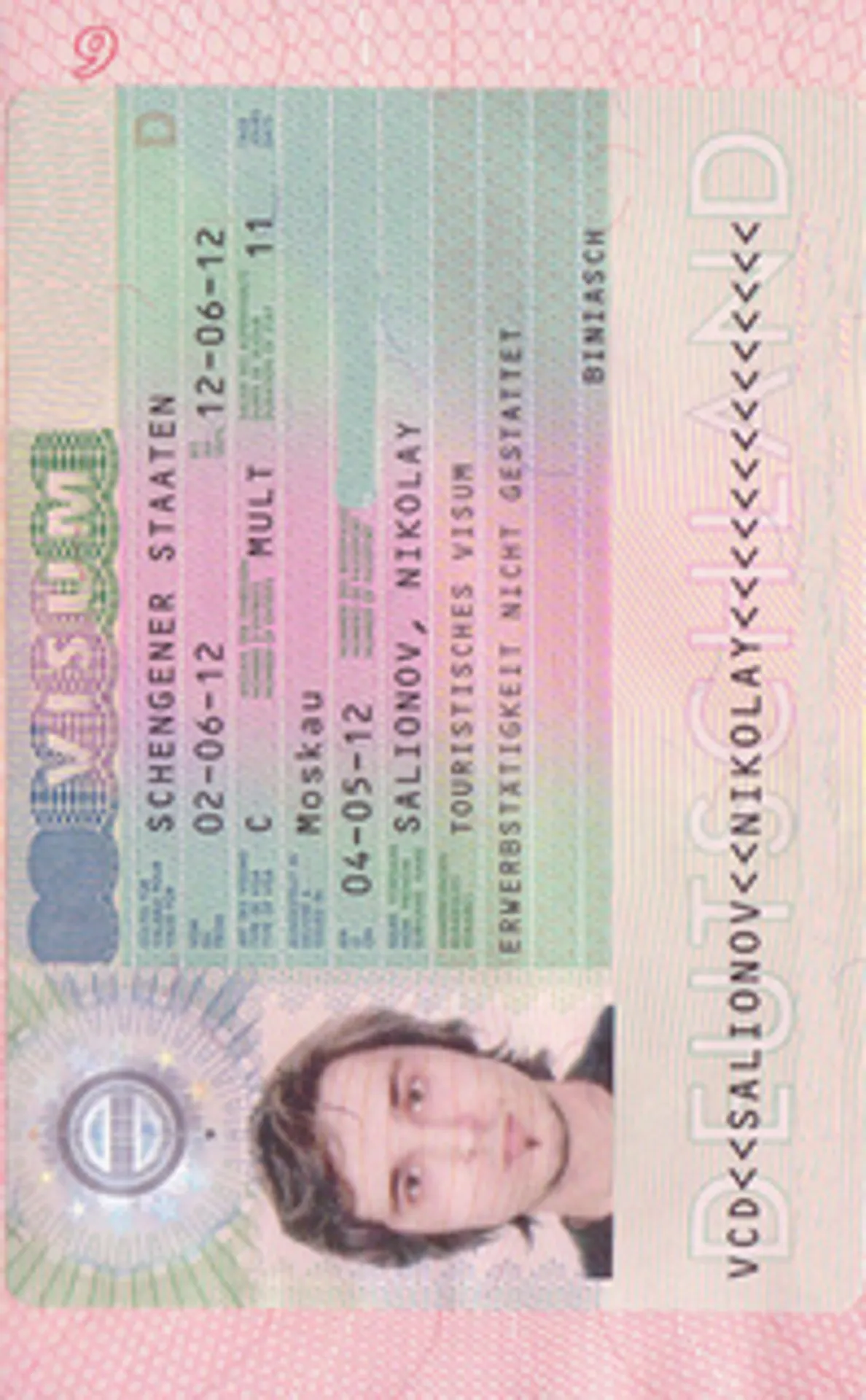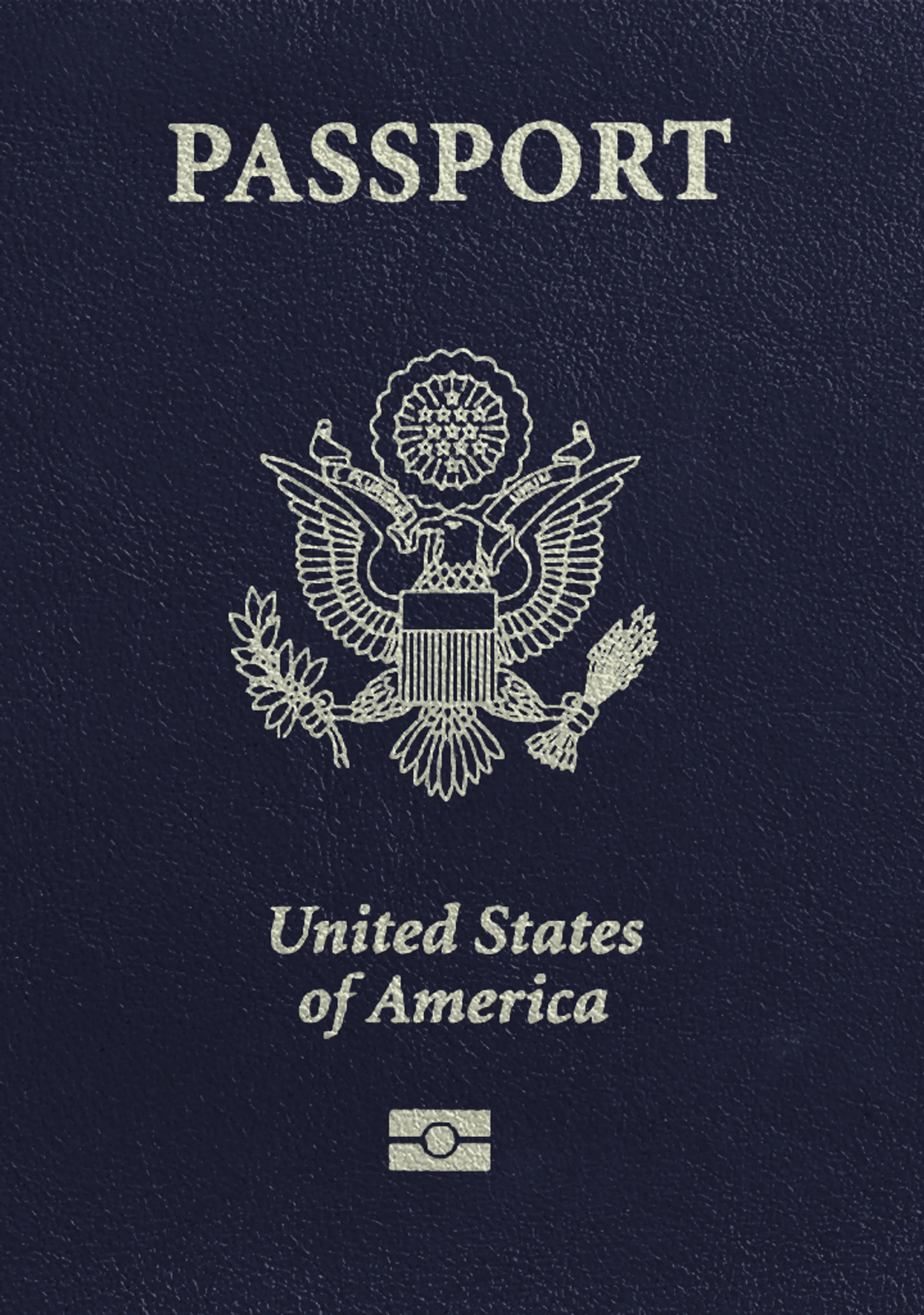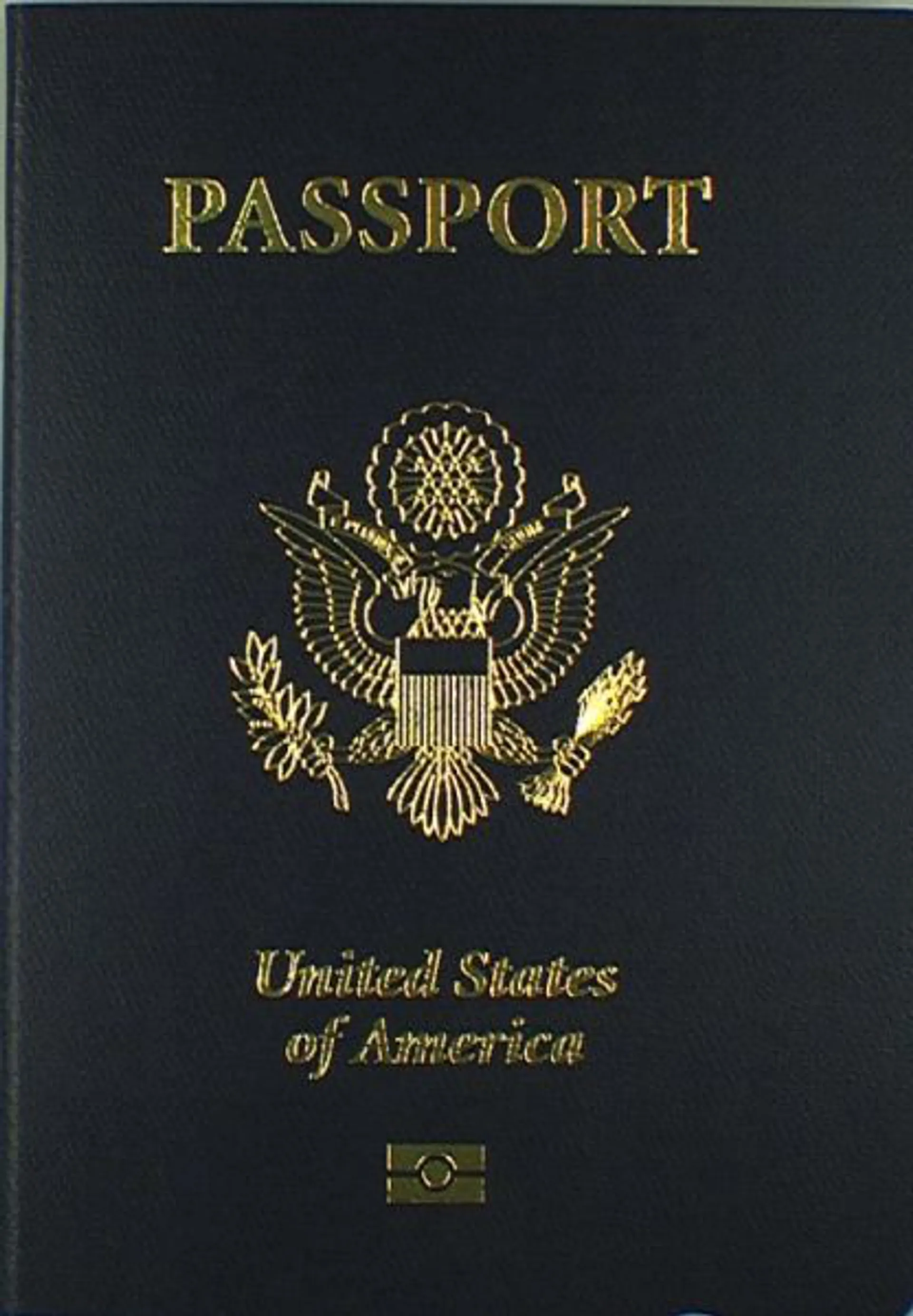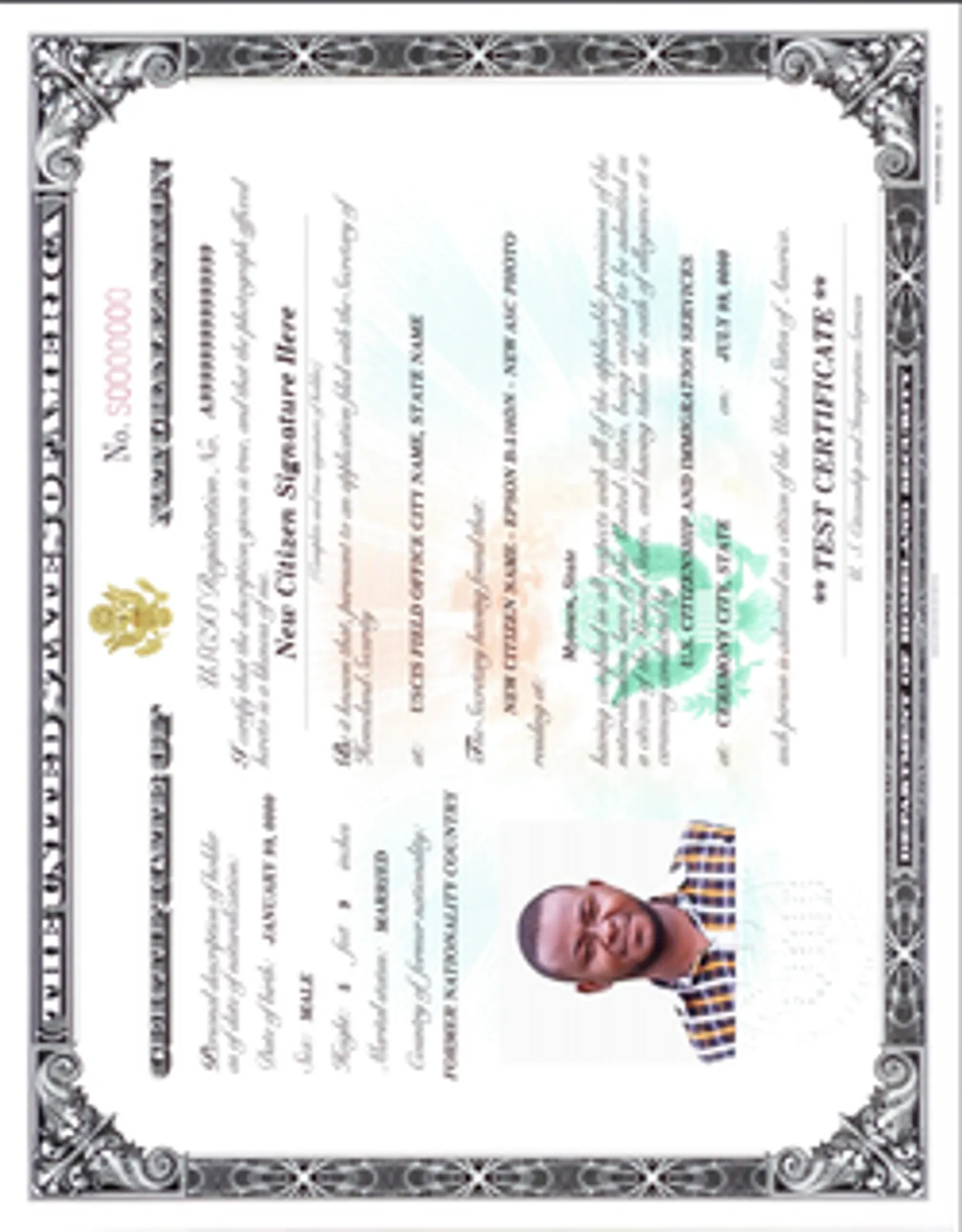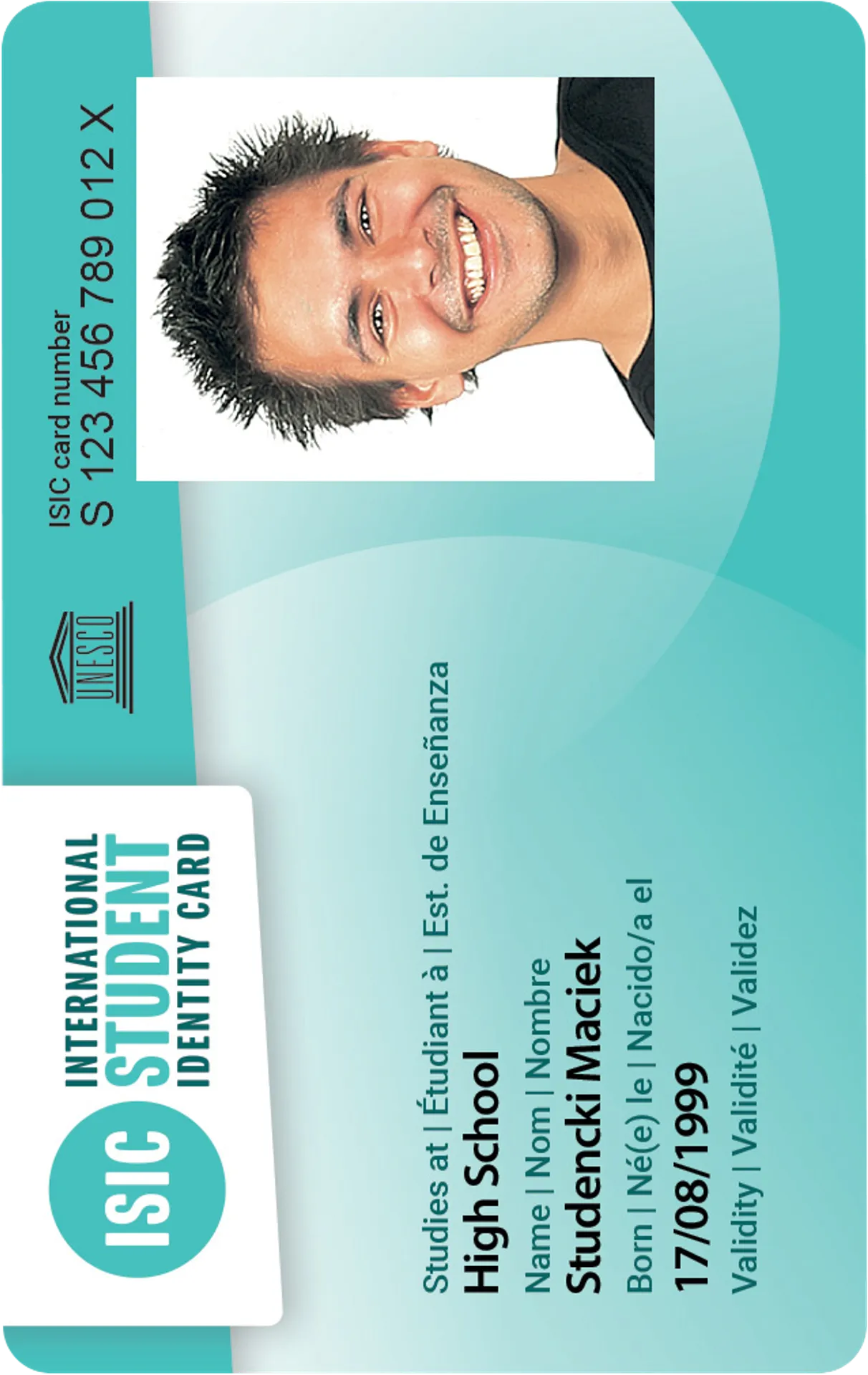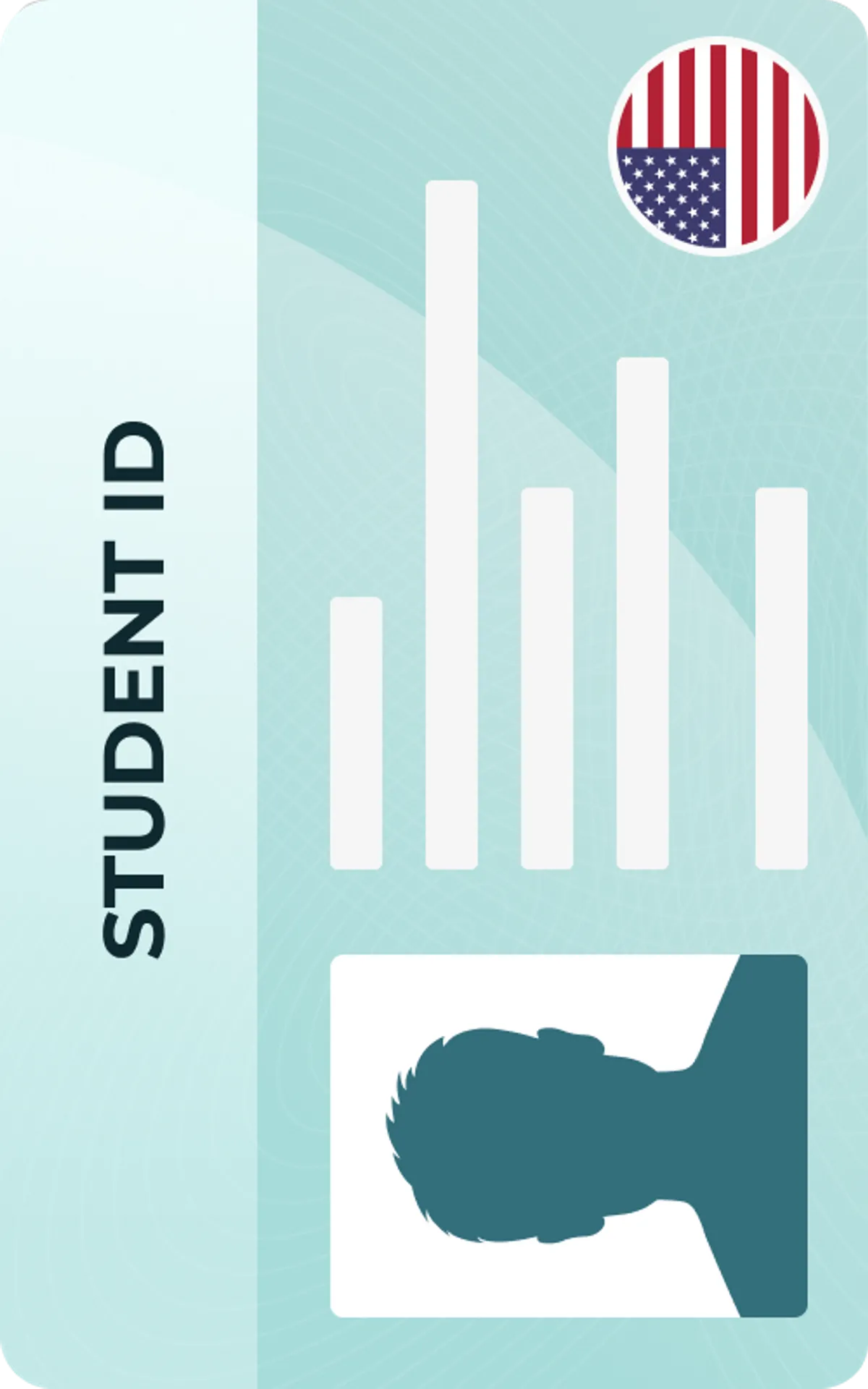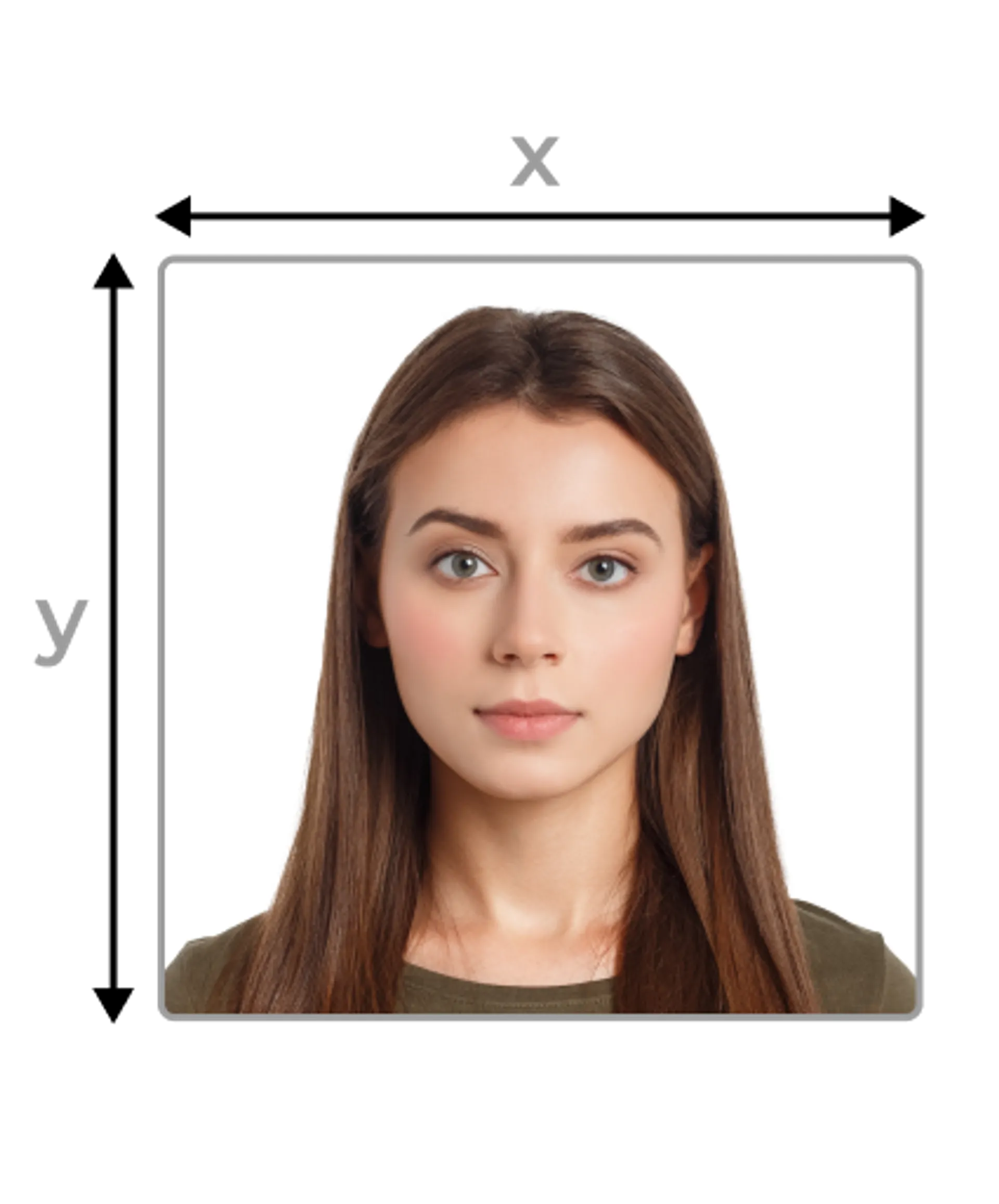
Japan Visa Photo Online






How do our mobile and web apps work?
Snap the perfect passport photo in under 3 minutes!
Find out just how simple it can be!

Take or upload a photo
Use a photo you already have or take a new one. We'll double-check it and make sure it passes all compliance tests.

Get your photo tuned-up by AI
Our AI system will crop, resize, and adjust the background of your image.

Get expert verification
One of our experts will carefully review your passport photo, providing you with feedback in under a minute!
Key benefits of using our passport photo tool
Get comfy at home, grab your phone, and snap a few pictures. End up with a result you’re 100% satisfied with!
Independence
No need to drive or wait in line. Take a photo wherever you are with only your smartphone.
Trusted service
Over a million users worldwide, 18 million photos processed, and thousands of 5-star reviews on TrustPilot.
Professional support
Questions or doubts about your photos? Our photography experts and support agents will be happy to help you out.
Acceptance guarantee
Once you place your order, our AI and human expert will verify your photo to ensure it's 100% compliant.

Passport photo-taking tips
Follow these guidelines to create the perfect passport picture.
Consider the distance
Keep your front-facing camera 16–20 inch (40–50 cm) away from the face. For rear cameras, keep a 4–6 foot (1–2 meter) distance.
Keep your head and body straight
Look directly into the camera and avoid tilting your body. Remember, portrait mode is unacceptable for passport photos.
Prepare good lighting
Take your passport photos in a daylight setting, like near a window on a sunny day. Shadows on your face or in the background are not permitted.
Japanese Visa Photo - Requirements & Size
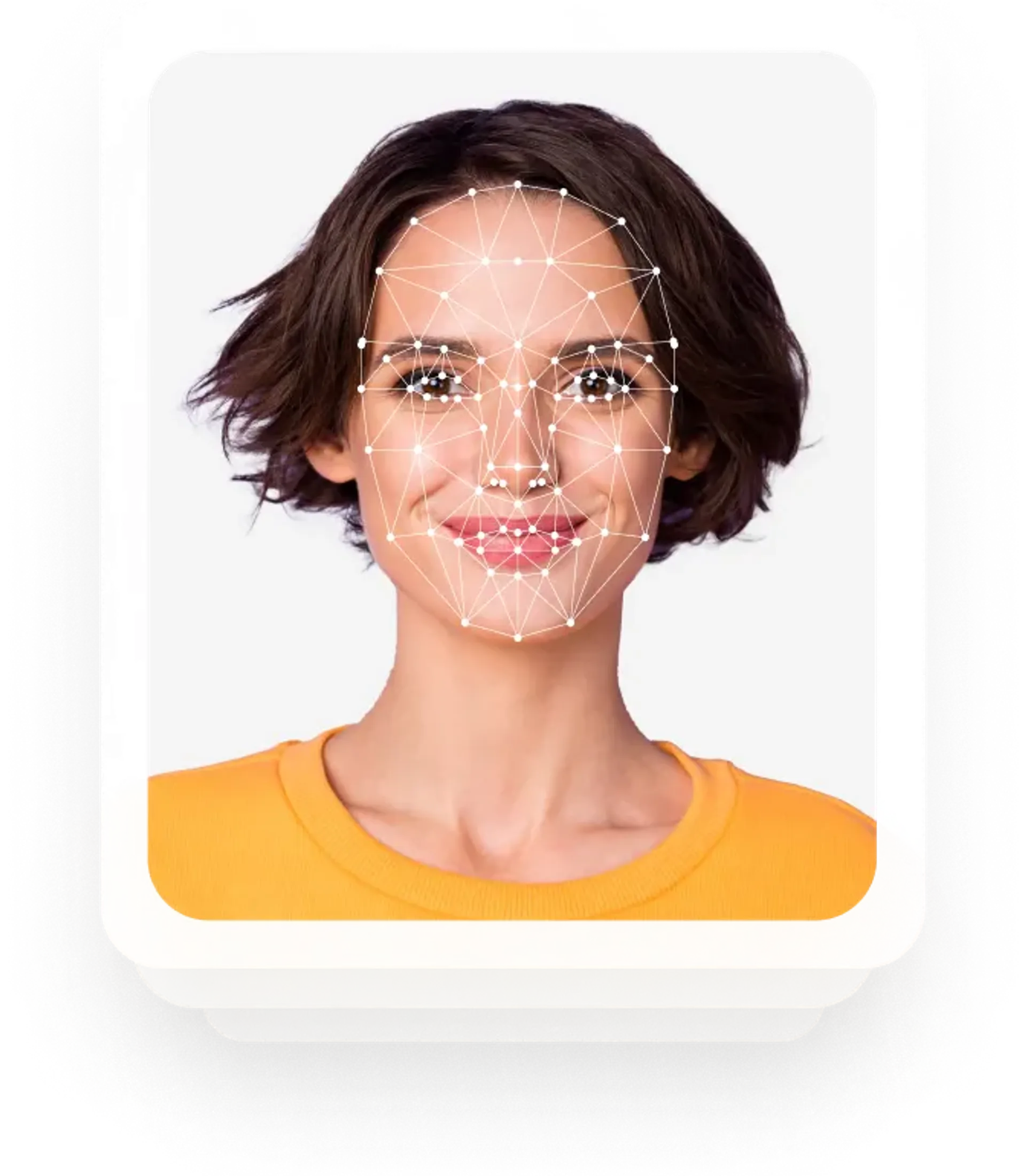
Size
45x45 mm
Resolution
300 dpi
Is it suitable for online submission?
Yes
Is it printable?
Yes
Background Color
Very Light Gray
Image definition parameters
Head height: 27 mm
Top of the Photo to Top of the Hair: 7.5 mm
Vule is a seasoned editor with a rich background in writing and editing, specializing in content related to passport photography. His skill lies in transforming complex information into clear, engaging narratives, making intricate topics accessible and relatable to a broad audience. With a keen eye for detail and a passion for storytelling, Vule ensures that every piece of content is not only factually accurate but also captivating and informative.
There are an endless number of reasons to visit Japan. Firstly it is very clean and one of the safest countries in the world with the lowest global crime rates. Secondly, it is worth it to see their castles alone as they come with unique history and heritage, which dates back to the Edo, and even Sengoku, period, which was hundreds of years ago. Some of their castles, including Matsue and Kōchi, remain in their original form, with the two mentioned having been built all the way back in 1611, such remarkable craftsmanship.
When choosing to travel to Japan you should look at going during cherry blossom season to see the gorgeous cherry blossoms coming to life and showing their beautiful pink colours, which usually occurs from mid-March to early May. You can even visit Himeji Castle at the same time, where 1000 cherry blossom trees bloom, and get the best of both worlds by seeing the true beauty of Japanese nature and getting to experience a truly amazing and historical castle, which stands out as both the largest castle in Japan and the prototypical form of Japanese architecture.
Have you made up your mind already? Then you should consider applying for a visa because you might need one! Carefully read our Japan Visa Photo Guide to know everything about the visa photos you need and eliminate the risk of your visa application being rejected.
Japan visa photo guidelines
If you have already discovered that you might need a visa to Japan, we present you with a complete Japan visa tourist photo guide, with which you will be able to prepare the correct photo and increase your chances of obtaining your visa to the Land of the Rising Sun.
Japan visa photo size
The required dimensions for a Japan visa photo are 45mmx45mm in height and width (2x2 inches). You may also find that this size might be 50mmx50mm, 45mmx35mm or 40mmx30mm. Regarding the digital photo size and resolution, the required size, for a digital image that is to be used for a Japan visa application, is 240kb, whilst the minimal resolution is 300 dpi, in pixels this will be 1062 pixels in width and 1062 pixels in height.
However, please contact the Japanese embassy in your country to check the needed photo size in advance as different embassies have different requirements. Though, If you use a visa photo resizing app, you do not have to be worried about the correct size as resizing will be done for you automatically. Read on to find out how to do it.
Colours
Embassies and consulates will only accept photos in color. The picture that is to be submitted for use with the visa document (not only Japanese) must represent your natural skin tones and eye color. This means that a red eye effect will cause the picture to be rejected. Any form of digital manipulation with the picture is strictly forbidden, this includes things such as: retouching or editing your picture, correcting colors or using any filters.
Lighting
It is recommended that you take your photograph in the daylight because it helps to avoid skin reflections and the red eye effect. Red eyes are caused by a flash lamp so, in order to avoid it, you should take the picture with natural light. You must also ensure that your face is evenly lit on both sides. Any shadows on your face or background are unacceptable.
Head position
In the photo for your Japan visa, you need to look straight at the camera lens, which must be positioned at eye level. This must be a front facing view only. Your shoulders must also be straight and you cannot tilt your head in any direction or look to the side.
Facial expression
You are not allowed to smile, frown or grimac as a neutral facial expression is a requirement. Showing teeth, opening your mouth, tightening your jaw, and closing your eyes is not allowed. The best idea is just to relax your facial muscles and wait one second with open eyes.
Background
The only accepted background color is white. Any other colors, patterns or shadows are unacceptable and will cause the application to be rejected. However, using a plain, solid white background in the picture may not be that easy. We recommend using a dedicated visa background remover which removes an incorrect background and changes it into the correct color.
Head coverings
If you are wearing a head covering for religious or medical reasons, it should be dark in color and against a white background in order to obtain a proper contrast. If you keep on your head covering (turban, hijab, yarmulke or any other religious attire) make sure that it does not cover or cast any shadow on your face. Any other head coverings such as hats or baseball caps are not allowed.
Glasses
Tinted glasses and sunglasses are prohibited in the photo for a Japan visa. The only exception is when it comes to prescription glasses, which you may keep on when you take your visa photo. Just remember that your eyes must be clearly visible and the frames of the glasses must not cover your eyes or give off any reflection. Colored contact lenses are forbidden.
Jewellery and piercing
If you have a permanent facial piercing you do not have to remove it in order to meet the requirements for a Japan visa photo. You may wear it as well as any other jewellery, as long as these items do not obscure any part of your face.
Japan visa - photo tool
Check out the smart online visa photo editor on the PhotoAiD site or in the app. It has helped many people worldwide to take and prepare their visa or passport photos at any time and any place. This tool can resize and crop every photo as well as remove an unsuitable background and change it into the required one for your visa.
The photo editor is based on artificial intelligence - the same as used by embassies and consulates to verify photos of applicants. This means that if you want to be sure that the photograph attached to your application form is correct, just let our online photo app verify it. You will have a 100% guarantee of acceptance with our photo service!
How to take a photo for a Japan visa at home?
If you are considering taking photos by yourself for a Japan visa, you should read this. Thankfully there are no requirements about where and how to take a photograph for a visa to Japan. Instead of going to some professional photography studio and paying for a professional photo session, just try to make a photo studio at home. You can save your precious time and money by taking a Japan visa photo on your own. All you need are:
- a smartphone, tablet or digital camera (don’t use a webcam),
- someone to take a photo of you (selfies are not allowed) or a tripod if you prefer to do it alone,
- our visa photo requirements,
- a smart Visa Photo Online Maker.
The most common mistakes when taking photos for a Japan visa
If you have already met the official requirements and you know how to take the right photo for a Japan visa at home, you should know what NOT to do on visa photos. Here is a list of the most commonly made mistakes while taking photos for a visa:
- Submitting an old photo - the picture can’t be older than 6 months.
- Looking sideways - the eyes, as well as the head of applicant, have to be straight so you are only allowed to look directly at the camera.
- Wrong photo size - the required photo size is 45mmx45mm, 50mmx50mm, 45mmx35mm, or 40mmx30mm and these are the only appropriate dimensions.
- Blurred image - visa photos have to be in contrast and focus and blurred, grainy or pixelated images will be rejected.
- A different appearance - if you have changed a lot since the photo was taken, you should take another picture so that your photo is up to date.
- Submitting a selfie – selfies are not allowed as they alter the proportions of your natural face and don’t really fit official documents.
- Smile - smiling is not allowed in Japan visa photos, the facial expression has to be neutral and can not show the applicant’s teeth.
- Wearing hats − hats, caps, berets, etc. are forbidden as well as any head coverings which cover the face, except for religious or medical purposes.
Sources:
Choose your document
Frequently asked questions
You do need a photograph to get a Japan visa so if you are considering taking it by yourself, you have to meet the official requirements regarding correct size, head position, facial expression, the color of background, etc.
It is required that you maintain a neutral facial expression as smiling, grimacing or frowning is not allowed, as well as showing teeth.
You can take a photo for a Japan visa by yourself. You can take it at home, in your garden or wherever you like, but you have to pay attention to the official Japan visa requirements, because then you will know which color the background must be, what to wear, and what not to do.
To apply for a visa you need to attach: a completed visa application form, a valid passport, a recent passport photo in color, a certified copy of your birth certificate, a marriage certificate (if married), proof of financial capability, provide a certificate of your financial situation, etc.
There are 68 countries whose citizens can enter Japan visa-free for tourism or business. Other nationalities currently need to go to a Japanese embassy or consulate to apply for a visa.
Any digital manipulation in the picture is forbidden, such as retouching or editing your picture, correcting colors, removing scars, tattoos or putting on any filters.
It is as simple as using our online service, which allows you to verify your picture in just a few seconds. We can even offer you a 100% guarantee that your photo will be accepted.
Of course! Just use our online service which allows you to verify your picture in just a few seconds. Your photo will be accepted, and we can say this with 100% certainty.
You can't edit photos by yourself, even with PhotoShop, so use an online service or photo mobile app to resize, edit or crop your picture. It will be approved by any institution that you plan on sending it to.
There are different photo sizes required by different embassies. You need to check with the embassy in your country which size they will require. The most common Japan visa photo size is 45mmx45mm (height x width) but it may also be 50mmx50mm, 45mmx35mm or 40mmx30mm.
Was this information helpful?
Let us know how useful you found this page
Rate this page
4.82/5
Number of votes: 129






